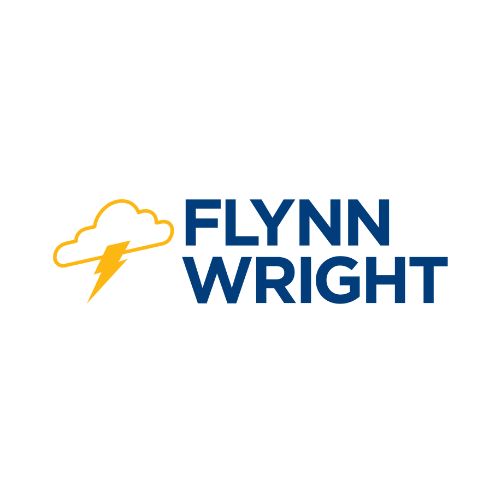GITOMER: What makes referrals happen?

I’m angry about the (mis)information offered by “experts” about referrals.
I’m not angry because the majority of their information is totally off base and bogus. I’m angry because you might believe it, take it to heart, try it, fail miserably, and lose both relationships and customers.
My anger centers around the word “ask.” Some idiot, er, I mean expert, said you MUST ask in order to receive your fair share. He probably went on to state there’s a “Rule of 20-60-20.” He claims that 20 percent of your customers will always give you a referral, 60 percent will give you a referral only if you ask them, and 20 percent will never give you one.
Where on earth did that rule come from?
Vilifredo Pareto (the creator of the 1906 80-20 Principle that was later redefined by Joseph Moses Juran in 1941) is turning over in his grave at people who make up statistics with ZERO basis in fact.
Your boss will tell you, “As soon as you make a sale, ask for a referral.”
REALITY: There is no worse time to ask.
Or your boss will remind you, “Don’t forget to ask for referrals.”
This is just as ridiculous.
If you’re determined to ask, you better know WHEN to ask. Too early and you’re dead. At least let the relationship blossom. At least let your product or service begin to evolve into a favorable outcome.
General rules for asking for a referral: If it feels awkward, don’t ask. If you don’t have a solid relationship, don’t ask. If you ask for a referral and don’t get one, don’t ask again.
My rule: Don’t ask. Earn.
There are 5.5 major consequences of asking for a referral:
1. You create unnecessary tension in your relationship.
2. You may not have done anything to earn one yet.
3. You put your customer in an awkward position.
4. If you don’t get one, consider it a report card, not a lack of response.
5. If you follow up with an email or a phone call “reminding” your customer you haven’t received the referral you asked for, it could destroy the relationship.
5.5. If you call and ask, and they don’t give you one, and you call and ask AGAIN, it’s likely they’ll never take your call again.
INSIGHT: Way before referrals occur, you’d better understand what makes referrals happen. Your actions make referrals possible – or not.
One-word definition of referral: RISK. Your customer is willing to risk the relationship he or she has with someone by trusting you will respect it, honor it and build it.
Now that you understand why some people may be reluctant to refer you (especially if you ask, more especially if you ask too soon, most especially if you ask twice), let me give you the best strategy to get all kinds of referrals.
It involves a one-word action plan: EARN.
• Earn referrals with value perceived by customer in the relationship.
• Earn referrals with value-based actions.
• Earn referrals with quality of relationship.
• Earn referrals with memorable service.
NOTE WELL: It’s not just one earning action that will open the referral floodgates. It’s all of them.
THE BIG SECRET: Give one.
BEST STRATEGY FOR GIVING A REFERRAL: Arrange a meeting where you bring your referral to the customer over lunch. Your customer will be dumbfounded. He or she will be ever so grateful, and will talk about you and the incident for years.
Even if your customer does not reciprocate, you’re on the path to understanding the principle of GIVE VALUE FIRST.









